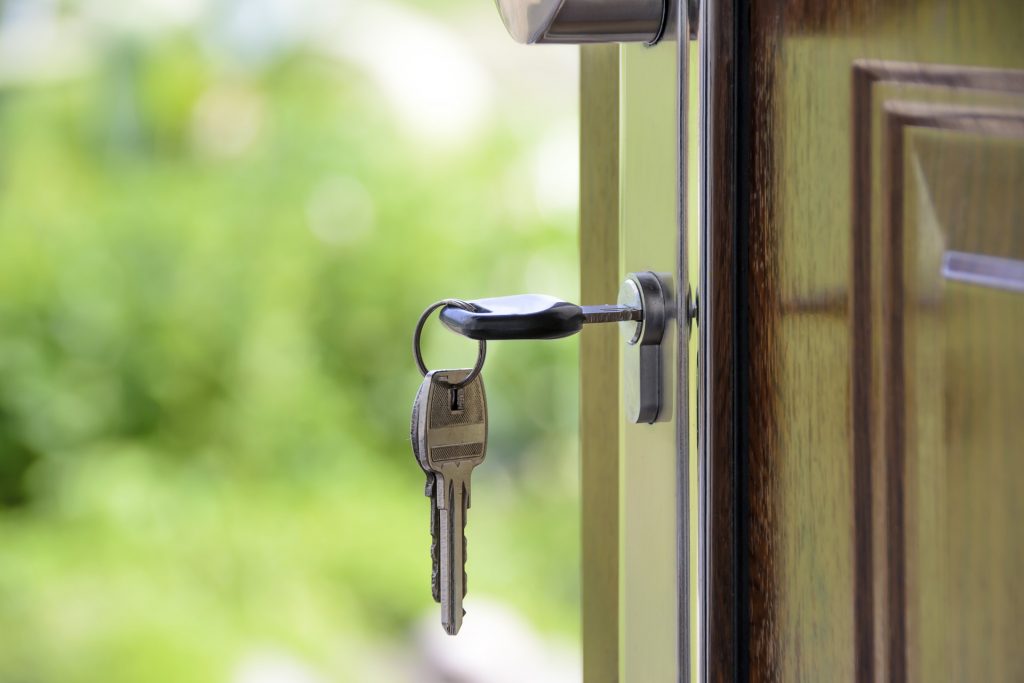How Attracting Great Tenants Will Reduce Your Potential for Legal Problems

Landlords dread one thing more than any other: legal problems. Having to show up in court to fight a legal battle is frustrating, time-consuming, and expensive.a
However, landlords who have great tenants tend to avoid this headache because:
- Good tenants don’t usually cause problems with neighbors.
- Good tenants don’t usually damage property.
- Good tenants tend to be reasonable people who communicate with you.
- Good tenants typically seek resolution, not retaliation.
- Good tenants generally accept responsibility and honor their lease agreement.
Before exploring these statements, you should recognize that there’s a way to avoid having to worry about whether you’ve chosen the right tenants: outsource your landlord duties to a property manager.
Little to no experience selecting tenants? You need a property manager
Finding high-quality, responsible, and reliable tenants is easy when a property management company screens all the applications and selects tenants for you. Property management companies have extensive experience with the process and can filter out problematic applicants from the start.
If your goal is to attract long-term, reliable renters who will keep your properties in good shape, you’ll appreciate having a property manager. If you choose to manage your own properties, you’ll have to establish strict requirements for your applicants so dicey renters are less likely to slip through the cracks.
Now let’s explore the reasons good tenants keep you out of the courtroom.
Good tenants maintain peace with their neighbors
In some neighborhoods, police get called out to the same homes for neighborly disputes on a regular basis. Depending on the severity of the issues, they sometimes bring the homeowners in to ask them to remedy the situation.
Though it’s normal for neighbors to have disagreements, it’s not normal for them to scream and yell or instigate violence. Good tenants wouldn’t even think about getting involved in a situation that was escalating. They’d go back inside their home without resorting to physical activity.
When you have good tenants, you can be almost certain they won’t cause or escalate a dispute with a neighbor.
Good tenants won’t recklessly damage your property
You can’t control the way people live in your unit, but if you select a good tenant from the start, he or she is less likely to live recklessly and let trash pile up to extremes
You’d be surprised to see the extensive damage some tenants have done to properties in the course of living their normal lives. Bad tenants won’t care about your property. They’ll operate according to their habits, which might involve collecting trash, junk, and indulging in roughhousing indoors.a
As a side note, before you call a tenant’s former rental references, it would be wise to search property records from the county assessor’s office to see if the name matches the property. The name might not always match, but you could call the residence and ask if the applicant has ever lived there. If the answer is no, then you’ve probably been given a fake reference.
Good tenants want to resolve issues, not retaliate
A good tenant won’t make you feel like you’ve stepped into a vintage episode of COPS. Good tenants want to communicate to resolve issues as they arise.
That means if there’s a problem, you may not agree with the renters, but they’ll at least talk with you instead of retaliating with property damage or a lawsuit.
Good tenants honor their agreements
Good tenants honor their lease agreements for the most part. There are exceptions, of course., but generally speaking, decent tenants will honor their word.
They might grumble over paying late fees if they’re late with the rent, but they’ll still pay in full. They’ll also be fine with legal security deposit deductions. If they put a hole in the wall, they’ll accept responsibility and accept that the cost must come out of their security deposit.
Bad tenants can put you in a position where you’ll be compelled to file a lawsuit. If you end up seeing extensive property damage, you might need to file a lawsuit to recover damages.
It’s not that uncommon for tenants to cause destruction that exceeds $15,000. If you end up in that situation, you’ll have no choice but to file suit and pursue legal remedies.
You can usually avoid these extreme situations with good tenants. First, good tenants don’t usually damage properties, and second, if they cause harm, they’re more likely to own up to the deed.
Good tenants accept responsibility
Good tenants won’t try to sue you for doing your job. In contrast, bad tenants routinely try to sue their landlords even when they have no case.
For instance, certain renters won’t hesitate to file a lawsuit against a landlord they believe did them wrong even when the landlord was utterly in the right. A bad tenant might sue the landlord for deducting perfectly legal repairs from their security deposit.
They may not win the lawsuit, but that doesn’t matter; the landlord still has to respond and show up to defend him- or herself.
Attract good tenants=avoid most legal problems
If you want to avoid frivolous and draining legal battles, you need to attract good tenants from the start. You won’t necessarily avoid every potential legal problem, but you’re more likely to dodge the kind of battles that made the T.V. show COPS famous.